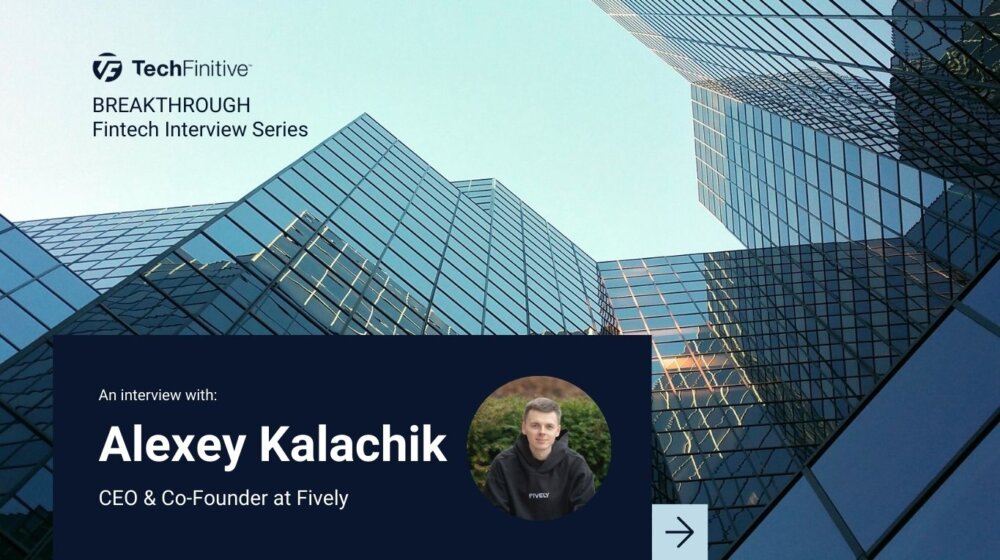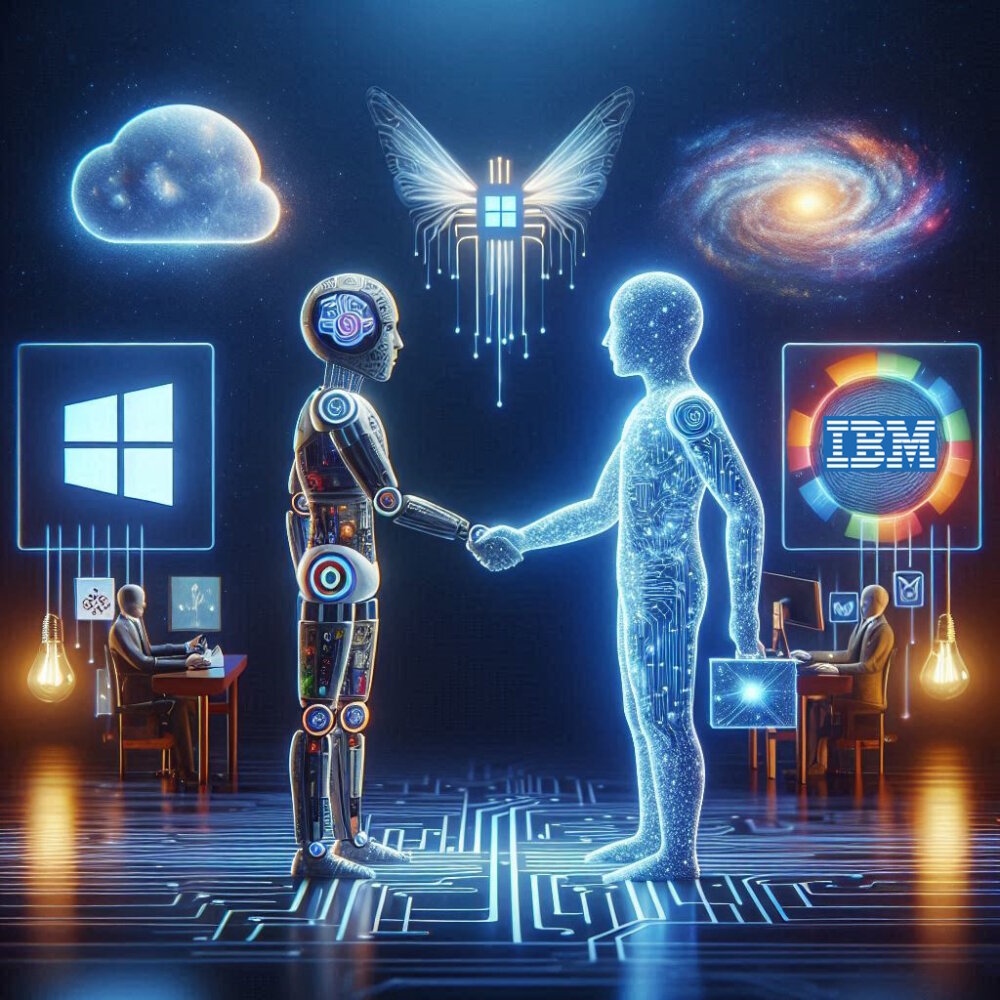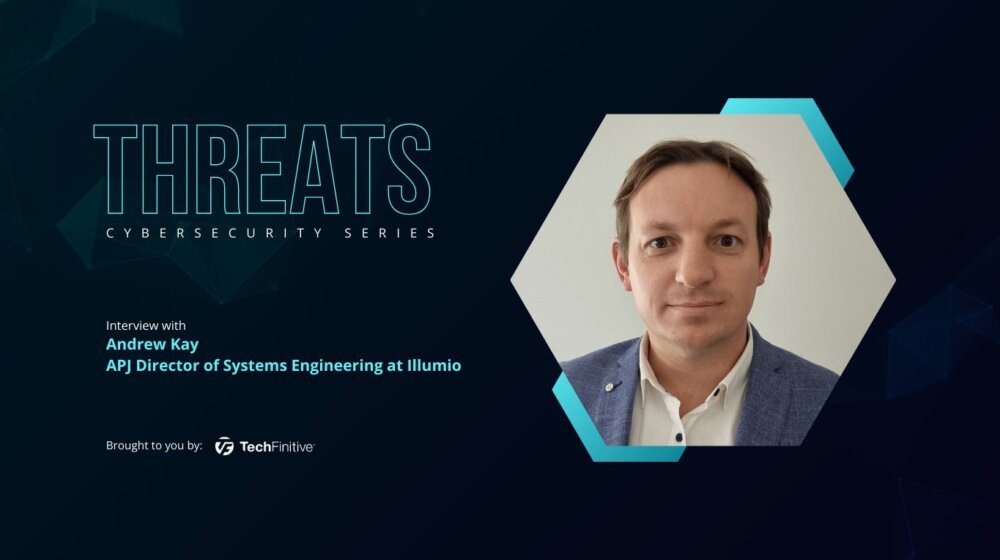
Peter Rose, Chief People Officer for Motus Group UK: “All businesses will need to continue to think hard about remote/hybrid/flexible working”
If you can make HR systems work in a company that has 117 franchise outlets, includes four operating divisions and employs thousands of people who are literally on the road each day then you’re worth listening to. Here, that means Peter Rose, Chief People Office for Motus Group UK, and we’re delighted to feature him in our interview series with HR leaders.
You may be wondering what Motus Group does. So we’ll take a deep breath: body repair, truck body builders, commercial vehicle operations, car dealerships, parts supply for businesses and trucks, trailer equipment. And we suspect much more. This is a company that employs almost 3,000 people in the UK across 80 different locations.
It should be no surprise, then, that Peter and his team use technology wherever possible. To find out what Motus uses, and why, read on.
Related reading: HR thought leaders highlight risks of AI in the workplace
Tell us about your role at Motus Group
I am the Chief People Officer for Motus Group in the UK. The group has around 117 vehicle franchise outlets covering passenger cars, light commercial vehicles and heavy goods vehicles. Brands include DAF Trucks, Mercedes Benz, Ford, Vauxhall and Peugeot.
The group also operates specialist commercial vehicle body shops and has further interests in parts and service facilities and commercial vehicle equipment supply. My role is to provide leadership for the HR function across the four operating divisions and ensure the strategic people aims for the group are achieved.
What made you pursue a career in HR? And what advice do you have for anyone considering a career in HR?
I enjoyed the people management modules of my undergraduate degree, which prompted me to look at an HR career. I was lucky enough to secure a student placement with Ford Motor Company and then a graduate scheme role with Unipart.
These formative experiences helped me conclude HR was definitely for me and I would advise anyone looking to start in the world of HR to look for opportunities in companies that will invest in their development and gain experience across the whole HR spectrum.

How do you think offices as we know them will change in the next decade?
I expect that technological advances will continue to streamline work and take out/automate more and more repetitive tasks so it’s even easier to focus on the tasks that truly add value to the bottom line and require quality thought and input.
Related reading: How the world of work will look in 2030
Post-pandemic, what are your thoughts on remote /hybrid/flexible work trends and how do you think they’ll shape the upcoming years?
I think all businesses will need to continue to think hard about remote/hybrid/flexible working and do their best to take a balanced and sensible approach so they attract the best talent without compromising their business needs.
The subject can be emotive and taking a hard line such as everyone needs to be in the office for the whole working week is likely to drive talent to your competitors. Equally, a heavy amount of remote working can be problematic in terms of team dynamics.
Also, it shouldn’t be forgotten that in businesses like ours, where home work isn’t possible for many roles (you can’t fix a truck from home!), there can be a perception that those who work from home aren’t working as hard as those that can’t, which can cause friction.
Can you give us an example of how your HR team leverages technology and how that has helped the company?
We make use of tools like Adobe Sign, Microsoft Forms and SurveyMonkey, which help us with streamlined workflows, authorisations and surveys across the dispersed population we have.
It’s easy to spend a great deal on the latest software, but we’ve been careful to choose software that delivers strong value for money and that integrates well with existing platforms. For example, we use Docebo as our LMS platform, which has proved transformative and integrates well with our core HR/Payroll system iTrent. We are also implementing Tribepad to elevate our critical recruitment processes.
What do you think has been the most significant way in which technology has impacted HR?
Technology has helped companies communicate quicker and more effectively with their employees. Simple things like Teams have revolutionised a business like ours with multiple locations and enable rapid communication and collaboration without the need to waste productive hours driving between locations.
Having said that, it’s still important to meet face to face and see people in their environment regularly. These tools should support that, not replace it.
Many HR departments continue to digitise more and more of their processes and workflows – has this been the case at your company and what has that experience been like?
We used many digital workflow tools and are continually experimenting with new ones to drive out waste, rework and errors. As our company has so many dispersed sites, HR and payroll transactions can be time-consuming and cumbersome without simple workflows. It’s hard to imagine going back to paper forms, wet signatures and entirely manual inputs.
What is an HR initiative you’ve spearheaded that you are particularly proud of?
Post Brexit we’ve faced significant recruitment challenges as have most UK businesses. Above all others, our single biggest critical role is Vehicle Technician as this role is fundamental to us being able to service customers’ needs effectively to keep them on the road.
Technicians are in shortage across the whole of the UK so we have used our Skilled Worker Licence to recruit talent from outside the UK, predominantly from South Africa. We will hit 100 arrivals by the end of 2023. Finding talent, managing the visa process and then onboarding and effectively inducting people has been a significant challenge. We are pleased with how effective this has been and how well they’ve been welcomed and supported by their new colleagues.
Also read: Top tech companies in South Africa
NEXT UP

Alexey Kalachik, CEO & Co-Founder at Fively: “The potential for digitalisation within insurance is enormous”
We interview serial entrepreneur Alexey Kalachik, CEO & Co-Founder at Fively, on the future of fintech and what makes this space so exciting for startups.

IBM bolsters AI push with Microsoft Copilot launch
In a bid to boost its AI offering, IBM Consulting will enable enterprises to create and manage AI copilots – including Copilot for Microsoft 365

Andrew Kay, Director of Systems Engineering APJ at Illumio: “The most worrying development with ransomware is that it has evolved from simply stealing data to impacting IT availability”
Andrew Kay, Director of Systems Engineering APJ at Illumio, has 20 years’ experience helping organisations strengthen their cyber resilience. We interview him as part of our Threats series on cybersecurity.